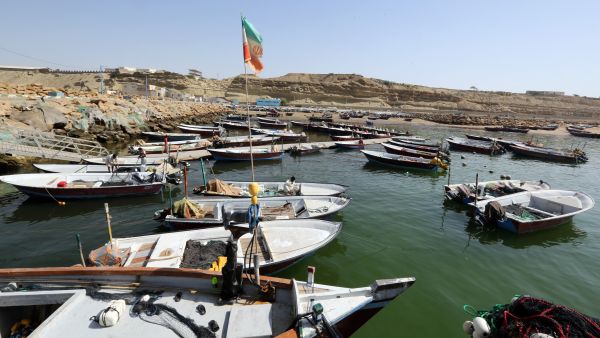ALBAWABA - The administration of Narendra Modi announced that India and Iran have inked a 10-year agreement to build and run the Iranian port of Chabahar, bolstering ties with the crucial Middle Eastern country.
Throughout the deal, India would have ten years to benefit from the port, which is near Iran's southeast border with Pakistan, according to the Iranian Ministry of Roads and Urban Development. In response, India Ports Global Limited (IPGL) would spend $370 million upgrading the port's transportation infrastructure and supplying vital equipment.
Following the signage of the agreement, India's Shipping Minister Sarbananda Sonowal stated while in Tehran that “Iran and India are seeking to develop Chabahar port as much as possible, taking into account the interests of the two countries for joint access to regional markets,” adding that “Chabahar Port's significance transcends its role as a mere conduit between India and Iran; it serves as a vital trade artery connecting India with Afghanistan and Central Asian Countries.”
Since taking charge of the port's operations in late 2018, IPGL has managed more than 90,000 TEUs in container traffic along with more than 8.4 million tonnes of bulk and general cargo, Reuters reports citing an Indian government official, adding that 2.5 million tonnes of wheat and 2,000 tons of legumes had been supplied from India to Afghanistan via Chabahar Port.
3 years after its withdrawal from 2015 nuclear deal with Iran, US sanctions on Iran hindered the port's growth, according to Reuters, with US State Department deputy spokesperson Vedant Patel commenting on the deal “anyone considering business deals with Iran - they need to be aware of the potential risks that they are opening themselves up to and the potential risk of sanctions.”









